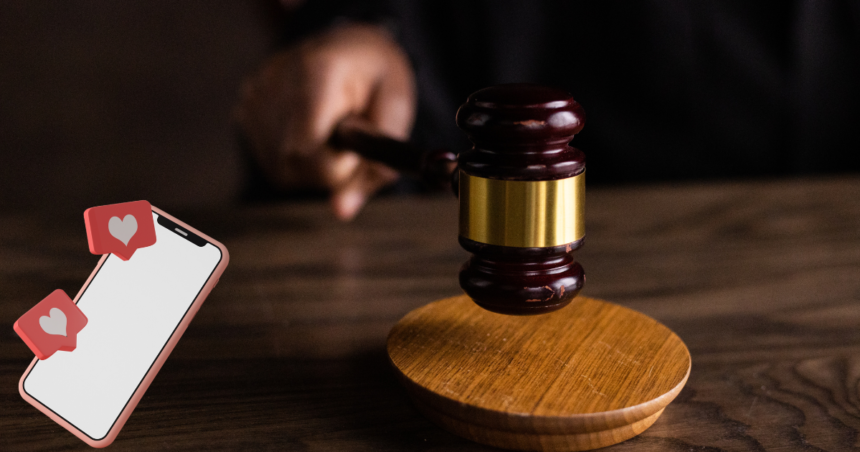As the digital age continues to reshape the landscape of communication and information dissemination, the legal fraternity in India finds itself grappling with the profound influence of social media on trial proceedings. This article, authored by an experienced lawyer, explores the multifaceted impact of social media on the Indian legal system, focusing on both the legal and ethical considerations that must be addressed.
The Pervasive Reach of Social Media
India, with its rapidly growing internet user base, has witnessed an unprecedented surge in social media usage. Platforms such as Facebook, Twitter, Instagram, and WhatsApp have become integral to the lives of millions. However, this surge has not been without consequences for the legal system.
Legal Ramifications
1. Evidence and Authentication
One of the most significant impacts of social media on trial proceedings is the introduction of digital evidence. Courts now frequently encounter screenshots, chat logs, and posts as evidence in criminal and civil cases. However, ensuring the authenticity and admissibility of such evidence poses a significant challenge.
In India, the Information Technology Act, 2000, governs issues related to electronic records and their admissibility in court. Lawyers and judges must carefully evaluate the source, integrity, and veracity of digital evidence to prevent tampering or manipulation.
2. Privacy Concerns
The use of social media to gather evidence also raises concerns about privacy. In a country where privacy is considered a fundamental right, the balance between the right to privacy and the need for evidence must be carefully struck. Courts must determine whether evidence obtained from social media infringes upon an individual’s right to privacy.
3. Contempt of Court
Social media can be a powerful tool for public expression and discussion. However, this freedom sometimes extends to contemptuous comments or posts about ongoing trials, judges, or parties involved. Courts must address such instances promptly to maintain the sanctity of legal proceedings.
Ethical Dilemmas
1. Prejudicing Public Opinion
Social media’s ability to rapidly disseminate information can lead to the prejudicing of public opinion. High-profile cases, in particular, are susceptible to media trials on social media platforms. Lawyers and parties involved must exercise restraint in their public statements to ensure a fair trial.
2. Professional Conduct
Lawyers, too, face ethical dilemmas in the digital age. The boundaries of professional conduct are tested when lawyers engage in online discussions, comment on ongoing cases, or disclose confidential information. The Bar Council of India has issued guidelines on the professional conduct of lawyers on social media, emphasizing the importance of upholding the dignity of the profession.
Recommendations
To navigate the evolving landscape of social media’s impact on trial proceedings, several recommendations are worth considering:
1. Education and Training: Legal professionals, including judges, lawyers, and law enforcement agencies, should receive training on handling digital evidence and understanding the nuances of social media.
2. Guidelines on Social Media Use: The legal fraternity should establish clear guidelines on the use of social media by lawyers, witnesses, and other parties involved in trial proceedings.
3. Privacy Protection: Courts should be vigilant in protecting the privacy rights of individuals whose information appears on social media. Striking a balance between privacy and evidence gathering is crucial.
4. Contempt of Court: Swift action should be taken to address instances of contemptuous content on social media that may affect the integrity of legal proceedings.
Conclusion
Social media’s impact on trial proceedings in India is undeniable. While it has introduced new challenges, it has also opened up opportunities for efficient evidence gathering and information dissemination. To harness these benefits while safeguarding the legal and ethical principles that underpin our justice system, a concerted effort by the legal fraternity, policymakers, and society at large is essential. Only through a harmonious blend of technological adaptation and legal prudence can we ensure that social media serves justice rather than undermines it.




